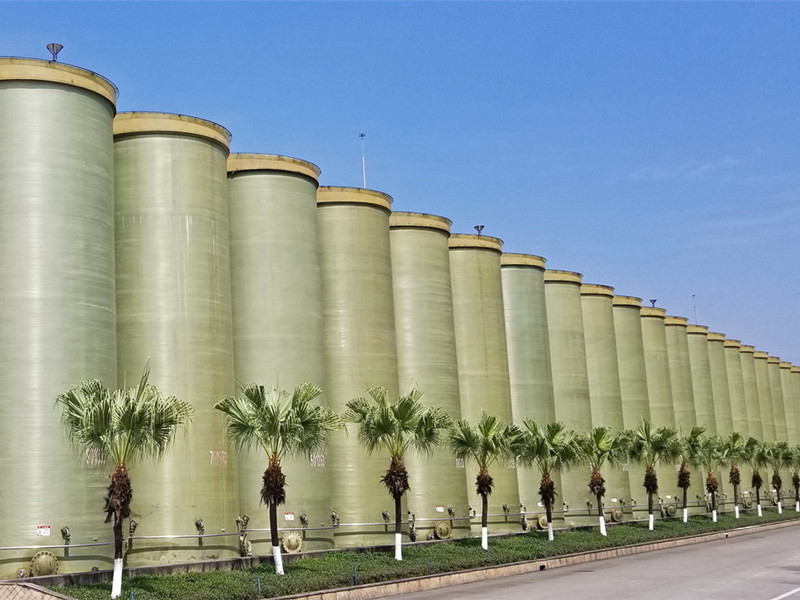
-
 Afrikaans
Afrikaans -
 Albanian
Albanian -
 Amharic
Amharic -
 Arabic
Arabic -
 Armenian
Armenian -
 Azerbaijani
Azerbaijani -
 Basque
Basque -
 Belarusian
Belarusian -
 Bengali
Bengali -
 Bosnian
Bosnian -
 Bulgarian
Bulgarian -
 Catalan
Catalan -
 Cebuano
Cebuano -
 China
China -
 China (Taiwan)
China (Taiwan) -
 Corsican
Corsican -
 Croatian
Croatian -
 Czech
Czech -
 Danish
Danish -
 Dutch
Dutch -
 English
English -
 Esperanto
Esperanto -
 Estonian
Estonian -
 Finnish
Finnish -
 French
French -
 Frisian
Frisian -
 Galician
Galician -
 Georgian
Georgian -
 German
German -
 Greek
Greek -
 Gujarati
Gujarati -
 Haitian Creole
Haitian Creole -
 hausa
hausa -
 hawaiian
hawaiian -
 Hebrew
Hebrew -
 Hindi
Hindi -
 Miao
Miao -
 Hungarian
Hungarian -
 Icelandic
Icelandic -
 igbo
igbo -
 Indonesian
Indonesian -
 irish
irish -
 Italian
Italian -
 Japanese
Japanese -
 Javanese
Javanese -
 Kannada
Kannada -
 kazakh
kazakh -
 Khmer
Khmer -
 Rwandese
Rwandese -
 Korean
Korean -
 Kurdish
Kurdish -
 Kyrgyz
Kyrgyz -
 Lao
Lao -
 Latin
Latin -
 Latvian
Latvian -
 Lithuanian
Lithuanian -
 Luxembourgish
Luxembourgish -
 Macedonian
Macedonian -
 Malgashi
Malgashi -
 Malay
Malay -
 Malayalam
Malayalam -
 Maltese
Maltese -
 Maori
Maori -
 Marathi
Marathi -
 Mongolian
Mongolian -
 Myanmar
Myanmar -
 Nepali
Nepali -
 Norwegian
Norwegian -
 Norwegian
Norwegian -
 Occitan
Occitan -
 Pashto
Pashto -
 Persian
Persian -
 Polish
Polish -
 Portuguese
Portuguese -
 Punjabi
Punjabi -
 Romanian
Romanian -
 Russian
Russian -
 Samoan
Samoan -
 Scottish Gaelic
Scottish Gaelic -
 Serbian
Serbian -
 Sesotho
Sesotho -
 Shona
Shona -
 Sindhi
Sindhi -
 Sinhala
Sinhala -
 Slovak
Slovak -
 Slovenian
Slovenian -
 Somali
Somali -
 Spanish
Spanish -
 Sundanese
Sundanese -
 Swahili
Swahili -
 Swedish
Swedish -
 Tagalog
Tagalog -
 Tajik
Tajik -
 Tamil
Tamil -
 Tatar
Tatar -
 Telugu
Telugu -
 Thai
Thai -
 Turkish
Turkish -
 Turkmen
Turkmen -
 Ukrainian
Ukrainian -
 Urdu
Urdu -
 Uighur
Uighur -
 Uzbek
Uzbek -
 Vietnamese
Vietnamese -
 Welsh
Welsh -
 Bantu
Bantu -
 Yiddish
Yiddish -
 Yoruba
Yoruba -
 Zulu
Zulu
Benefits of Fiberglass Insulation for Energy-Efficient Water Tanks and Storage Solutions
The Benefits of Fiberglass Insulation Tanks in Modern Industries
In the realm of industrial storage solutions, fiberglass insulation tanks have emerged as a game-changer. These tanks, built with high-quality fiberglass materials, are not only highly effective in insulation but also durable and resistant to a variety of environmental factors. As industries seek efficient and reliable storage options, the popularity of fiberglass insulation tanks continues to rise.
One of the primary advantages of fiberglass insulation tanks is their exceptional thermal insulation properties. Insulation is vital in industries dealing with temperature-sensitive materials, such as chemicals, oils, and food products. By effectively minimizing heat transfer, these tanks help maintain optimal temperatures, ensuring product quality and stability. This is particularly important in industries where temperature fluctuations can lead to product degradation or spoilage, such as pharmaceuticals and perishable goods.
Another significant benefit of fiberglass insulation tanks is their lightweight nature. Compared to traditional materials like steel or concrete, fiberglass is much lighter, which simplifies the installation process and reduces transportation costs. This characteristic makes fiberglass tanks an ideal choice for both above-ground and underground applications. Additionally, the ease of maneuvering fiberglass tanks can lead to significant savings in labor costs and time during installation.
Durability is a hallmark of fiberglass construction. Fiberglass insulation tanks are resistant to corrosion, rust, and chemical damage, which extends their lifespan and reduces the need for frequent repairs or replacements. This long-lasting performance is particularly advantageous in industries such as oil and gas, where exposure to harsh chemicals can deteriorate standard materials. As a result, companies benefit from lower maintenance costs and a decreased environmental impact associated with the disposal of damaged tanks.
fiberglass insulation tank

Furthermore, fiberglass insulation tanks offer excellent flexibility in design and application. They can be manufactured in various sizes and shapes to meet specific customer needs, making them suitable for a wide range of industrial applications. Whether it's for storing potable water, chemicals, or other liquids, fiberglass tanks can be tailored to accommodate the unique requirements of different industries, enhancing efficiency and functionality.
The environmental considerations also cannot be overlooked. Fiberglass is a sustainable material that can be designed for energy efficiency. By utilizing reliable insulation properties, these tanks not only save energy but also promote environmentally friendly practices. Industries increasingly recognize the importance of sustainability, and adopting fiberglass insulation tanks is one way to reduce their carbon footprint.
In addition to all these benefits, the maintenance of fiberglass insulation tanks is relatively straightforward. Their smooth surface is easy to clean, which is crucial for industries that require strict hygiene standards, such as food and beverage production. Regular inspections and minor maintenance are usually sufficient to keep these tanks in optimal condition, thus ensuring uninterrupted operations.
In conclusion, fiberglass insulation tanks are revolutionizing the way industries approach storage solutions. With their superior thermal insulation, lightweight nature, durability, design flexibility, and minimal maintenance requirements, they present an attractive option for various applications. As industries continue to evolve and focus on efficiency and sustainability, the adoption of fiberglass insulation tanks is likely to increase, paving the way for enhanced operational success and environmental responsibility.









